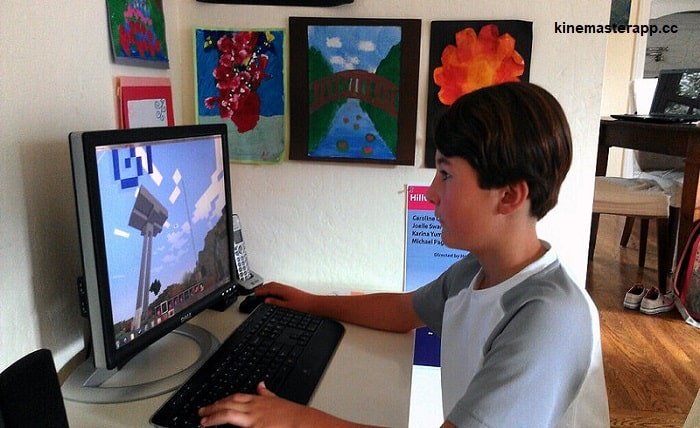In a world where productivity is often the measure of success, taking time out to play games might seem like a luxury. However, gaming offers more than just entertainment; it provides a plethora of benefits that can enhance various aspects of our lives. Whether it’s improving cognitive abilities, relieving stress, or fostering social connections, here are some compelling reasons why you should prioritize playtime:
- Cognitive Enhancement:
Contrary to the stereotype of games being mindless distractions, many games require strategic thinking, problem-solving skills, and quick decision-making. Whether it’s solving puzzles in a mystery game or managing resources in a strategy game, these mental exercises can improve cognitive function, including memory, attention, and spatial awareness. - Stress Relief:
Life can be overwhelming, but gaming offers a safe haven where you can escape from stressors and immerse yourself in virtual worlds. Engaging in gameplay triggers the release of dopamine, the neurotransmitter associated with pleasure and reward, which can help alleviate feelings of anxiety and tension. Whether you’re battling monsters in a fantasy realm or competing in a virtual sports match, gaming provides a much-needed break from the pressures of everyday life. - Skill Development:
Many games require players to master specific skills, whether it’s hand-eye coordination in action games or teamwork in multiplayer settings. By practicing these skills in a fun and engaging environment, gamers can enhance their abilities in ways that can translate to real-world scenarios. For example, studies have shown that surgeons who play video games regularly exhibit superior surgical skills compared to their non-gaming counterparts. - Social Connection:
Contrary to the image of solitary gamers huddled in front of their screens, gaming can be a highly social activity. Whether you’re teaming up with friends in a multiplayer game or joining online communities centered around your favorite titles, gaming provides opportunities for social interaction and camaraderie. In an increasingly digital world, these connections can be invaluable for combating feelings of isolation and loneliness. - Creativity Boost:
Many games offer players the ability to express their creativity through character customization, level design, or modding. Engaging in these creative pursuits not only provides a sense of accomplishment but also stimulates the imagination and encourages innovative thinking. From building elaborate structures in sandbox games to crafting intricate stories in role-playing games, gaming can be a powerful outlet for self-expression. - Emotional Resilience:
Games often present players with challenges and obstacles that require perseverance and resilience to overcome. Whether it’s repeatedly attempting a difficult level or facing off against formidable opponents, gamers learn to cope with failure and setbacks in a supportive environment where the stakes are low. This resilience can translate to real-life situations, helping individuals navigate adversity with greater confidence and determination.
In conclusion,
playing games is more than just a pastime; it’s a multifaceted activity with numerous benefits for physical, mental, and emotional well-being. Whether you’re a casual player or a dedicated gamer, taking the time to play can have profound effects on various aspects of your life. So the next time you feel guilty about indulging in a gaming session, remember that you’re not just having fun—you’re investing in your health and happiness
